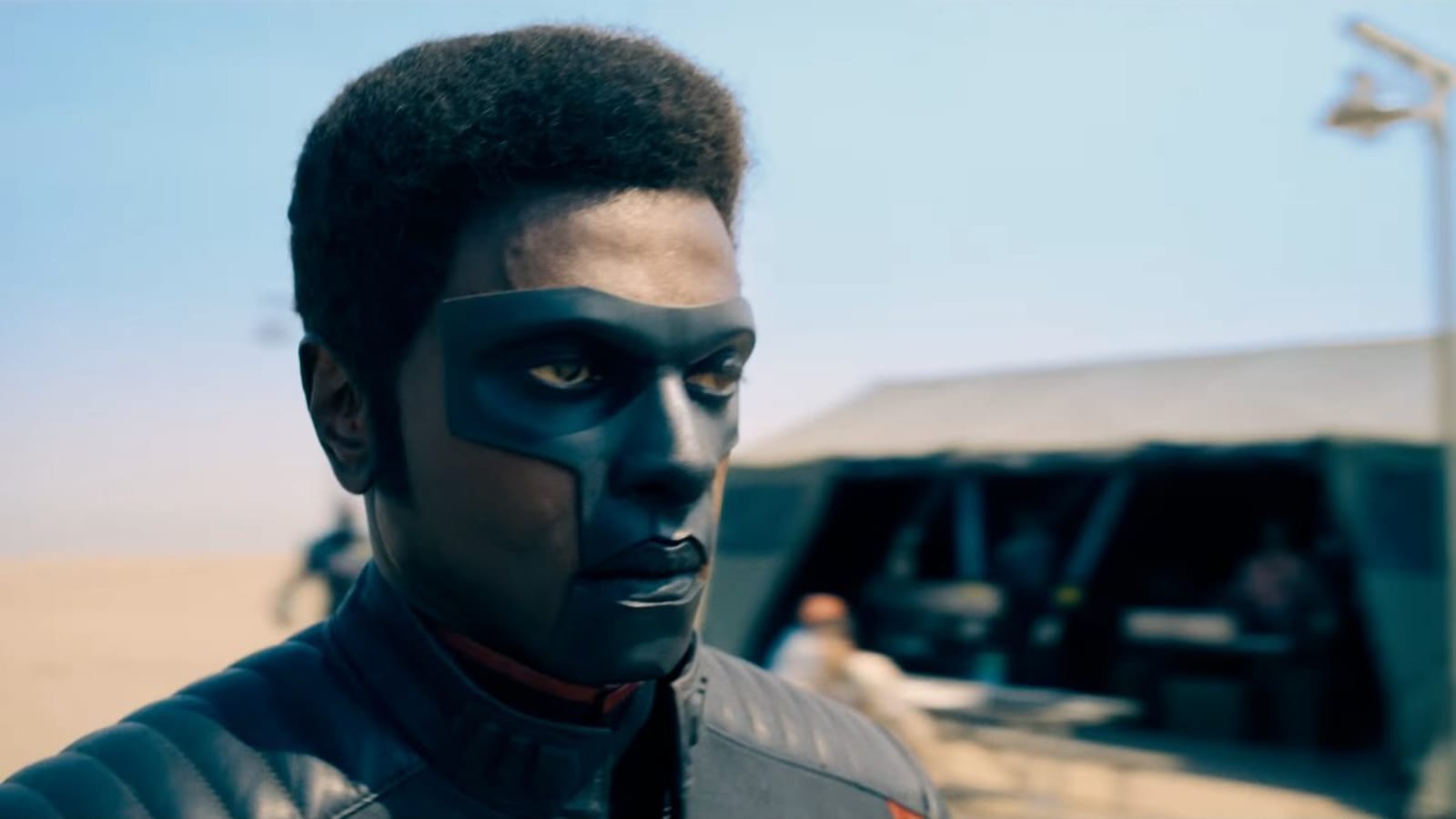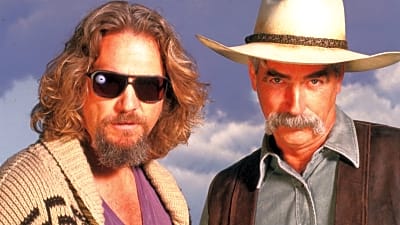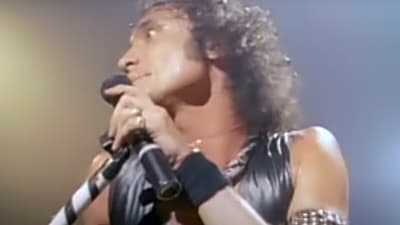
We’re finally getting to see one of the coolest, smartest, and most brilliant minds in DC Comics hit the big screen: Michael Holt, aka Mr. Terrific. Not only is he an intellectual powerhouse, but he also represents a crucial facet of Black STEM (Science, Technology, Engineering, and Mathematics) excellence. In James Gunn’s new Superman movie, Edi Gathegi’s portrayal showcases his intellect, power, and ingenuity. He’s also a major player in helping Superman save the world. This kind of visibility matters far beyond films, entertainment, and comic books.
We haven’t seen many heroes, super or otherwise, or even villains, who are primarily STEM-based characters. Why is this important? Because it can shift aspirations, challenge stereotypes, and even influence industry practices.
The Inspiration Gap: Black Professionals in STEM
On the STEM side, the story is similarly stark. According to Pew Research, Black students earned no more than 9% of STEM degrees awarded in 2018 across the bachelor’s, master’s, and doctoral levels, with particularly low representation in engineering and the physical sciences. Black women, in particular, comprise only about 2–2.5% of the U.S. STEM workforce. Black STEM professionals report higher rates of workplace discrimination: roughly 62% say they’ve experienced race-related slights at work, compared to lower percentages for other groups. This combination of underrepresentation and unease can severely discourage young Black talent from even considering STEM careers.
This is where Mr. Terrific on the big screen comes in: a visible example of a person of color who embodies scientific brilliance, resilience, and moral conviction. Studies show that seeing “someone like you” in a field correlates with greater interest and persistence.
For instance, Black students with Black STEM teachers report more positive experiences and encouragement to stay in STEM tracks. Translating that to cinema: young viewers who identify with Michael Holt may internalize, “If he belongs here, maybe I do, too.”
It’s a psychological nudge that can plant seeds for future scientists, engineers, and innovators, potentially inspiring them to seek out real-life examples like Lonnie G. Johnson (NASA engineer and inventor of the Super Soaker), Mae C. Jemison (the first African American woman to travel into space), or Alan Emtage (credited with inventing Archie, the world’s first internet search engine).
Past and Present: Black STEM Heroes in Genre Storytelling
While Mr. Terrific’s arrival is a huge win, it’s worth acknowledging that the road to meaningful Black STEM representation in genre storytelling has been uneven at best. For every step forward, there have been glaring misses or outright missteps.
Take Blankman (1994), for instance, starring Damon Wayans as a nerdy, socially awkward crime-fighting inventor. He rigs up gadgets and has a whole home base made from junkyard scraps. He was like a broke, muscle-free mashup of Iron Man and Batman. And this was decades before Black Panther and one of the first portrayals of a Black STEM superhero on the big screen.
Then there’s Steel (1997), starring Shaquille O’Neal as John Henry Irons, a brilliant weapons engineer who builds his own armored suit after tragedy strikes. We also cannot forget Dr. Karen Jensen, played by N’Bushe Wright in Blade (1998), a hematologist who unfortunately becomes Blade’s indispensable ally. In that film she uses her medical expertise to hunt for a cure for vampirism.
Lucius Fox, played by Morgan Freeman in Nolan’s Dark Knight trilogy, also deserves a nod. He’s the CEO of Wayne Enterprises whose sharp engineering mind outfits Batman with his most advanced tech. In more recent years, we’ve seen Shuri, played by Letitia Wright in Black Panther (2018) and Wakanda Forever (2022), the chief architect of Wakanda’s technology. Her brilliance is woven into every part of those stories.
Almost all the scientists in Wakanda are STEM experts, and the country itself is founded on STEM principles. Right alongside her is Ironheart (Riri Williams), played by Dominique Thorne, the teenage prodigy who crafts her own Iron Man-level suit while still at MIT. Even T’Challa, played by Chadwick Boseman, himself is more than a warrior-king; he’s a physicist whose mind helps propel Wakanda’s scientific edge.
There’s also Cyborg (Victor Stone), played by Ray Fisher, whose arc in Justice League (2017) and Zack Snyder’s Justice League (2021) pivots on his advanced cybernetics and hacking genius. Dr. Bill Foster (played by Laurence Fishburne in Ant-Man and the Wasp) is a pioneering biochemist once deep in Pym Particle research. Even our few STEM-aligned villains, Jamie Foxx’s Electro in The Amazing Spider-Man 2 and No Way Home, or Black Manta, played by Yahya Abdul-Mateen II in the Aquaman films, are too rare. However, as antagonists, they still deserve mention.
How Superman Gets Mr. Terrific Right
What I love about Superman is how it leans all the way into the “show, don’t just tell” mantra when it comes to Michael Holt’s genius. The film steers clear of the usual pitfalls that often snag Black intellectual characters in genre stories. Gunn doesn’t reduce Mr. Terrific to a “walking supercomputer” or a glorified IT guy for superheroes. Instead, we get to watch his T-Spheres operate as living extensions of his mind. Holt proves his brilliance through hands-on problem-solving and innovation.
Somebody get Mr. Terrific a movie greenlit ASAP. pic.twitter.com/rlFCMJpiPY
— Gray Harden (@GrayHarden77) July 9, 2025
His character isn’t one-sided or just spitting out tech jargon; he’s cracking dry jokes, revealing different sides of his personality, and standing shoulder-to-shoulder with Superman and Lois to take down Lex and his crew. The film grants him true agency, letting his own ethical dilemmas and decisions drive key moments. That’s precisely what gives seeing Mr. Terrific on screen such real-world impact.
A Terrific Moment for STEM and On-Screen Representation
Mr. Terrific in Superman is a bona fide co-star, right alongside the other meta-humans. His time on screen isn’t some blink-and-you’ll-miss-it cameo; he has a full-on impact on the outcome of the film. I’m sure fans of the character, and of Gathegi (who also played Darwin in X-Men: First Class) before being killed off way too quickly, despite Darwin’s power literally being able to evolve and survive anything, will appreciate finally seeing him get his due.
Seeing a Black STEM superhero take center stage isn’t just important for fans or indie projects; it matters on the biggest screen possible. With this portrayal, Mr. Terrific’s presence carries far beyond the new DC movie universe; it sparks thought, inspires ideas, and expands possibilities, contributing to the hope and potential of future generations.
More must-reads:
Breaking News
Trending in Entertainment
Customize Your Newsletter
 +
+
Get the latest news and rumors, customized to your favorite sports and teams. Emailed daily. Always free!








